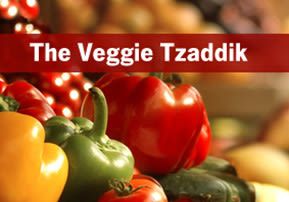
The Veggie Tzaddik
In Israel, there are many hidden tzaddikim; they don't roll their eyes and quote Kabbala - they sell tomatoes, fresh carp, or cut up chickens in the market...

Bnei Ayish is a small development city, about a ten minute drive away from the outskirts of Ashdod. In Israel, places are called ‘development towns’ when they really haven’t developed very much at all yet. Over time, a lot of these ‘development towns’ really came into their own, and became big, bustling, colourful places to live with lots of stuff to do and see.
But Bnei Ayish isn’t there yet. Not by a long chalk.
In the normal course of events, you wouldn’t go anywhere near Bnei Ayish if you didn’t actually live there yourself. But in Israel, nothing is really ‘normal’.
A few months’ ago, one of neighbours told us about this amazing little fruit and veg shop in Bnei Ayish, which was cheap as chips, and had some of the tastiest fruit and veg you could find.
Big cardboard boxes of tomatoes for 10 shekels! (about $3). Three pineapples for 10 shekels! Enough potatoes to feed a whole street, for 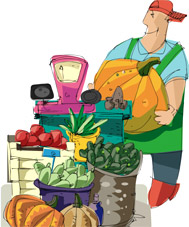 10 shekels! It sounded far too good to be true, which is why it took me three or four months to actually believe them, and to make the 10 minute drive to Bnei Ayish to see the place for myself.
10 shekels! It sounded far too good to be true, which is why it took me three or four months to actually believe them, and to make the 10 minute drive to Bnei Ayish to see the place for myself.
The first thing I noticed when I walked in was the massive pictures on the wall of Baruch, the shop owner, being blessed By HaRav Ovadia Yosef, zt”zl, the leading Sephardi posken (halachic decision maker) in Israel.
To be honest, they were a bit hard to miss – each picture was a meter by a meter and a half, and Baruch had got them done in triplicate, so every where you looked you could see one.
There were a lot of other rabbis on the walls as well; the Lubavitcher Rebbe; the Baba Sali; the Abir Yaacov – I started to feel very at home. I asked Baruch if he took the required tithes you need to take from the produce, and he spent 10 minutes explaining how, when and why he did it.
I really started to feel at home.
A lot of Baruch’s customers are poor, elderly Russians who don’t speak much Hebrew. Baruch – who is clearly as sephardi as they come – has learned Russian so he can talk to them, and tell them what part of their shopping he’s giving to them for free, as a present.
As I queued up to pay that first time, I got more and more impressed by how kind, patient and generous Baruch was with his customers. It was a revelation, and an enormous Kiddush Hashem (sanctification of G-d’s name), because Baruch, with his big, black velvet kippa, is obviously religious, and most of his customers are very obviously not.
The cherry on the cake was when I came away from Baruch with two massive boxes of great stuff, and still got change from 100 shekels (about $30). I walked out with a big smile on my face, because I felt like I’d just found the fruit and veg version of Gan Eden.
Every time I go to Baruch, regardless of how much or what I buy, it never costs very much. Every time I go, I get another dvar Torah, or see another kindness, or get another box of dates ‘free’ – and I come out feeling like a fruit and veg millionaire!
Just like his name says, Baruch really is a blessing for every single person walking into his shop.
A few weeks’ ago, I had to go to London for a family simcha. I took a walk with one of my siblings down Hendon high street, where I used to live, and I asked him if we could pick up some more fruit for my girls.
We went to the local greengrocer – and the difference was enormous. The proprietor wasn’t smiling; the queue of people behind us weren’t smiling, or talking – they were just staring. The proprietor certainly wasn’t giving anything anyway, or asking after anybody’s dodgy knee, or giving any kids a pat on the head.
We bought nine bananas, five apples and a mango – and it came to around $20! I was shocked. But my brother, who lives in New York couldn’t get over how cheap the fruit was, compared to America.
I was shocked again.
It’s no secret that I’m on quite a tight budget at the moment. Baruch is the one place where I can splurge, or splash out, because I know it’s never going to come to more than 150 shekels – my maximum allowance for the day.
Everywhere else, I plan ahead what I want, and I sort of rush in, grab it and run out, before anything else starts trying to tempt me. I’m not a ‘planner’ by nature; I’m also not a careful shopper by nature, so I’m finding our enforced ‘austerity’ a bit hard going, and occasionally, a burden.
But in London, I had a revelation: I eat better – on my tiny nothing budget – than family members with many more zeros on their bank balance. What’s more, when I go shopping, I get to see Baruch and his mitzvah factory in action; or I get to see the checkout girls reading their tehillim in between customers; or I get a range of kosher products that would cost me an absolute fortune anywhere else – and that’s assuming they’d even be anywhere else, which they aren’t.
It’s the difference between galut (exile) and geula (redemption). Israel isn’t perfect. A lot of things still have a long way to go. But in Israel, my blessings, or Baruch-ot, come in a lot of different shapes and sizes.
Yes, financially we’re struggling a bit – so are a lot of people. But here in Israel, I can have very little in my purse and still eat – and live – like a king.
If I hadn’t gone abroad, I never would have realized just how good I really have it at home.


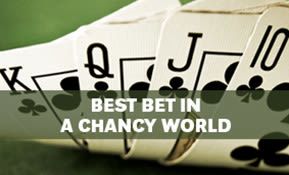

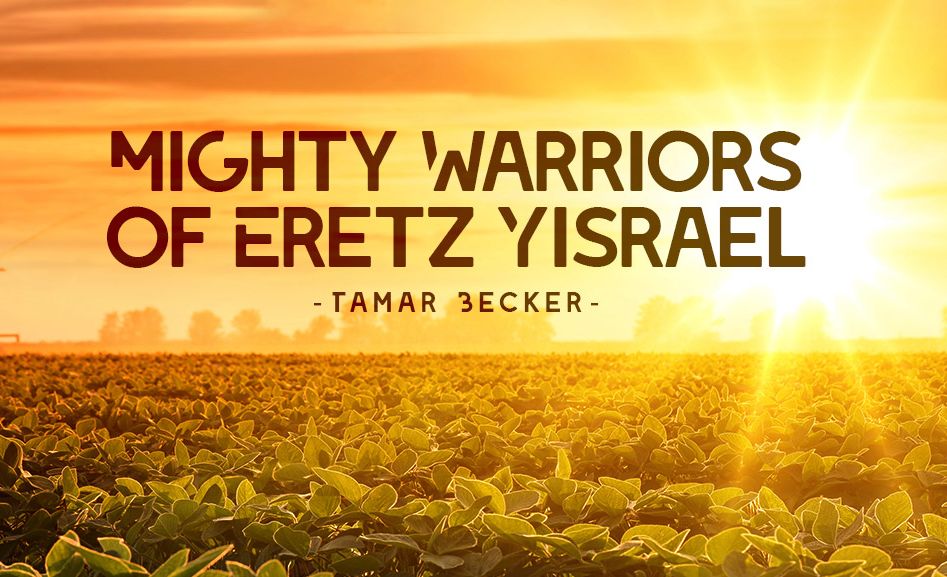
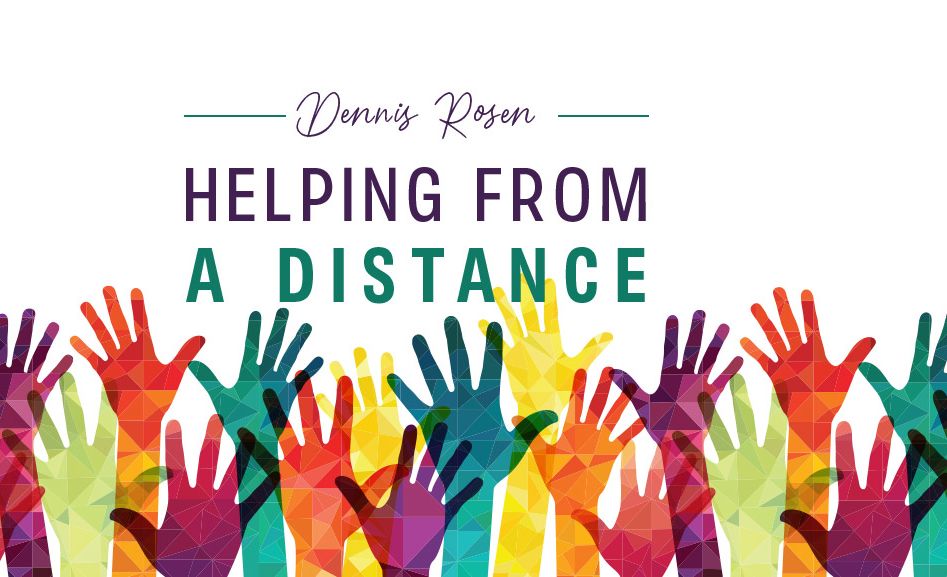
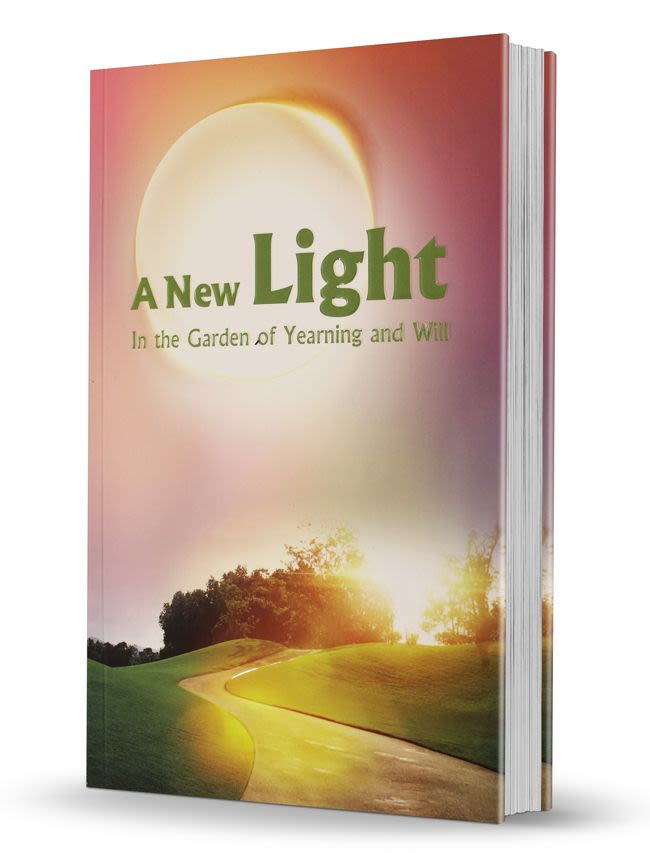
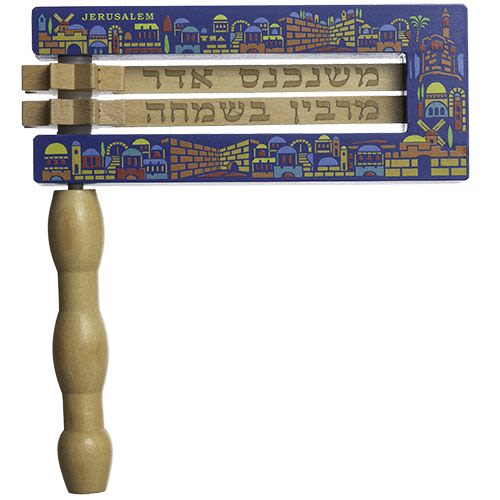
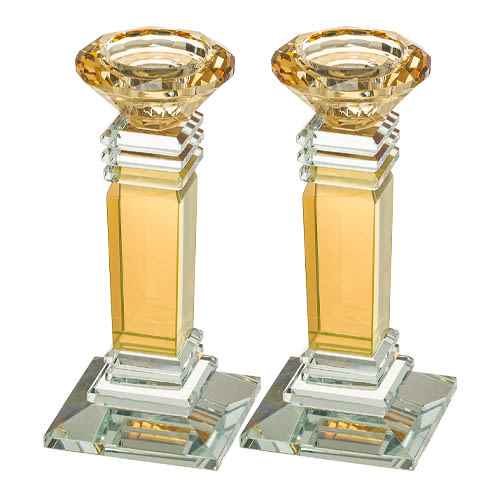
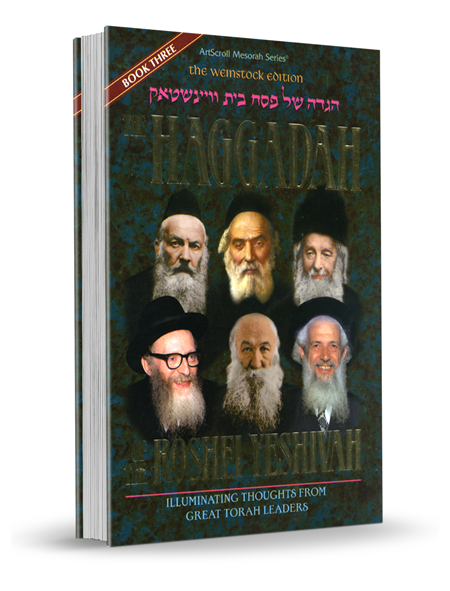
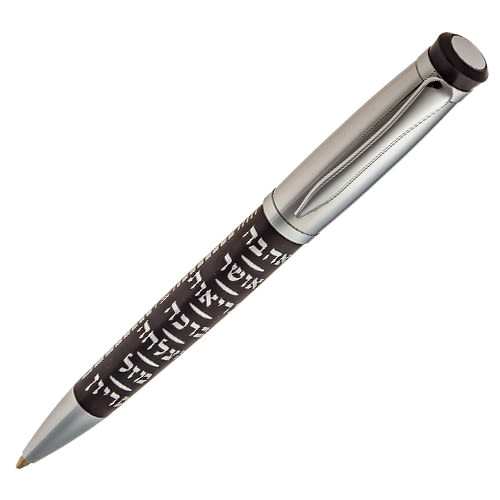
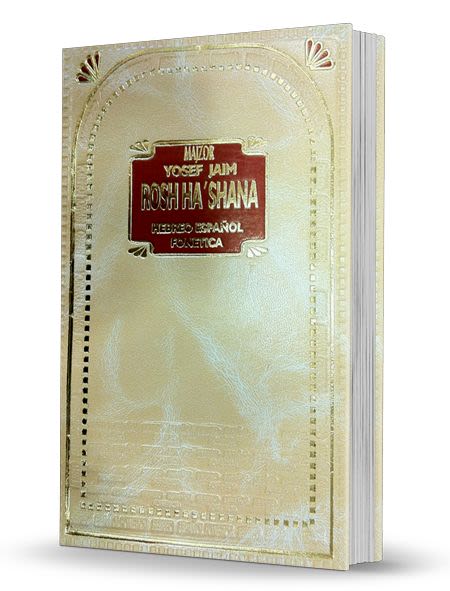
2/07/2012
Unbelievable timing The timing of this article is incredible: this week in Rav Ovadia's motzei shabbat shiur he spoke at length about the righteousness of the simple vegetable vendors!!!!
2/07/2012
The timing of this article is incredible: this week in Rav Ovadia's motzei shabbat shiur he spoke at length about the righteousness of the simple vegetable vendors!!!!